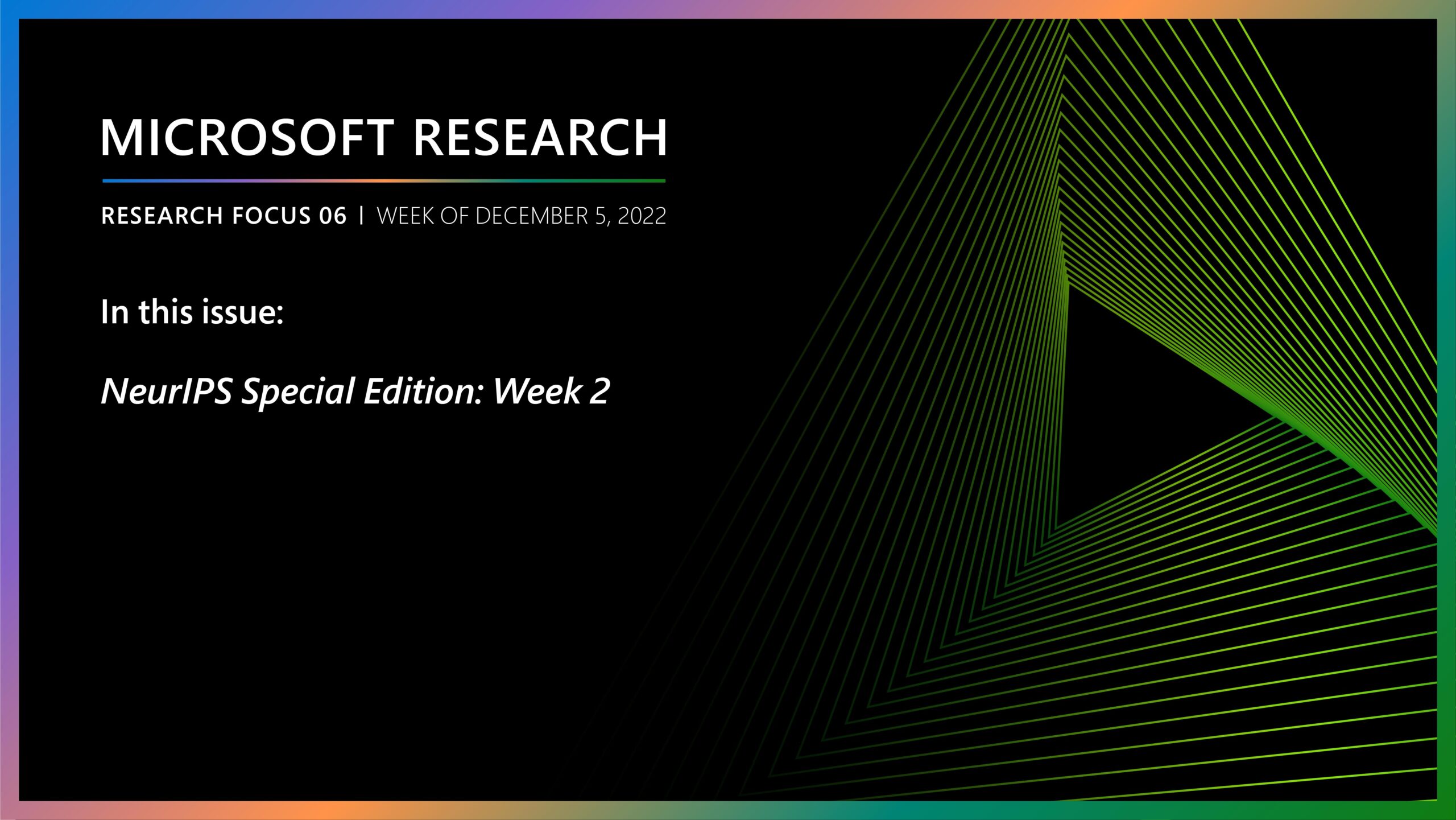Posted by
Pardon Zhengyou Zhang (opens in new tab) if he retains a certain fondness for the year just past.
Spotlight: AI-POWERED EXPERIENCE
In early December 2013, Zhang, a research manager and principal researcher for Microsoft Research, was named a recipient of the inaugural Helmholtz Prize (opens in new tab), a test-of-time award presented for papers published at least 10 years ago that continue to influence the field of computer vision. Zhang’s paper, Flexible Camera Calibration by Viewing a Plane from Unknown Orientations (opens in new tab), was accepted for the International Conference on Computer Vision in 1999.
Little more than a week later, he was informed that he had been selected as a Fellow of the Association for Computing Machinery (opens in new tab) (ACM).
“I am honored to receive this award,” Zhang says of his ACM honor. “It is one of the highest recognitions in my 25-year research career. More importantly, it recognizes my effort at Microsoft Research in broadening my research from computer vision to multimedia, including multimodal human-computer interaction and computer-mediated human-human communication and collaboration.”
ACM Fellowships recognize outstanding ACM members for technical, professional, and leadership contributions and are presented to individuals from the world’s leading universities, corporations, and research labs. Members of the class of 2013 will be feted June 21 during an ACM awards banquet in San Francisco.
The citation for Zhang’s Fellowship reads “For contributions to computer vision and multimedia.” In a way, then, the ACM honor and the Helmholtz Prize are connected.
“I think the camera-calibration work recognized by the Helmholtz award is an important piece of research in my career,” Zhang says, “and contributes to this ACM Fellow award.”
This latest flurry is hardly the first time Zhang has experienced significant professional acclaim. In 2004, for instance, he was named a Fellow of the IEEE.
“Both IEEE Fellowships and ACM Fellowships recognize their members’ extraordinary accomplishments,” he says. “Computer vision is a research field mostly active in the IEEE Computer Society, and the IEEE Fellow award recognizes my contributions to robust computer-vision techniques, mostly done at my previous institution, INRIA [the French Institute for Research in Computer Science and Control], such as robust estimation of epipolar geometry, camera calibration, 3-D point-cloud registration, and fast techniques for stereo matching.
“Gradually, I realized that in order to achieve natural human-computer interaction, computer vision alone is not enough and that I needed to gain more insights into speech technology. When I received the IEEE Fellow award, I had already started my journey to multisensory audio processing, speaker recognition, audio-visual joint processing, spatial audio and multichannel acoustical echo cancellation, immersive telepresence, face modeling and tracking, human-activity understanding, and multimedia in general. Some of the technologies have already been integrated into Microsoft products, such as Lync (opens in new tab), Xbox (opens in new tab), Kinect (opens in new tab), and OneNote (opens in new tab).”
But it’s the multimedia part of his research portfolio that Zhang feels is largely responsible for his ACM Fellowship.
“Multimedia is an active research field in the ACM,” he says, “so I believe the ACM Fellowship award recognizes mostly my contributions and those of the great people I have collaborated with at Microsoft.”
Indeed, no researcher works in a vacuum, and Zhang’s latest honor has him reflecting upon a career full of rewarding partnerships.
“I have only worked at two institutions: INRIA and Microsoft Research,” he says. “When I look back at my career, the highlights are always related to the wonderful people I encountered. First, my Ph.D. adviser, Olivier Faugeras (opens in new tab), who brought me into the computer-vision field and spent quite significant time working with me when I started my career, which was very precious. Second, Harry Shum (opens in new tab) and Rick Szeliski (opens in new tab), who hired me into Microsoft Research. I have always been interested not only in theoretical sound research, but also in implementation of robust working systems. Harry and Rick showed me that Microsoft Research is the right place for me.
“Third, Anoop Gupta (opens in new tab), my then-manager, who encouraged me to step out of my comfort zone and helped me grow from an individual contributor to a manager. Finally, Dan Ling (opens in new tab) [then corporate vice president of Microsoft Research] and Xuedong Huang (opens in new tab) [then general manager of Speech Platforms at Microsoft], who steered me away from pure technology-focused research to scenario-oriented strategic thinking and believed in me enough to encourage me to jump into speech-signal processing, a completely new field for me.”






